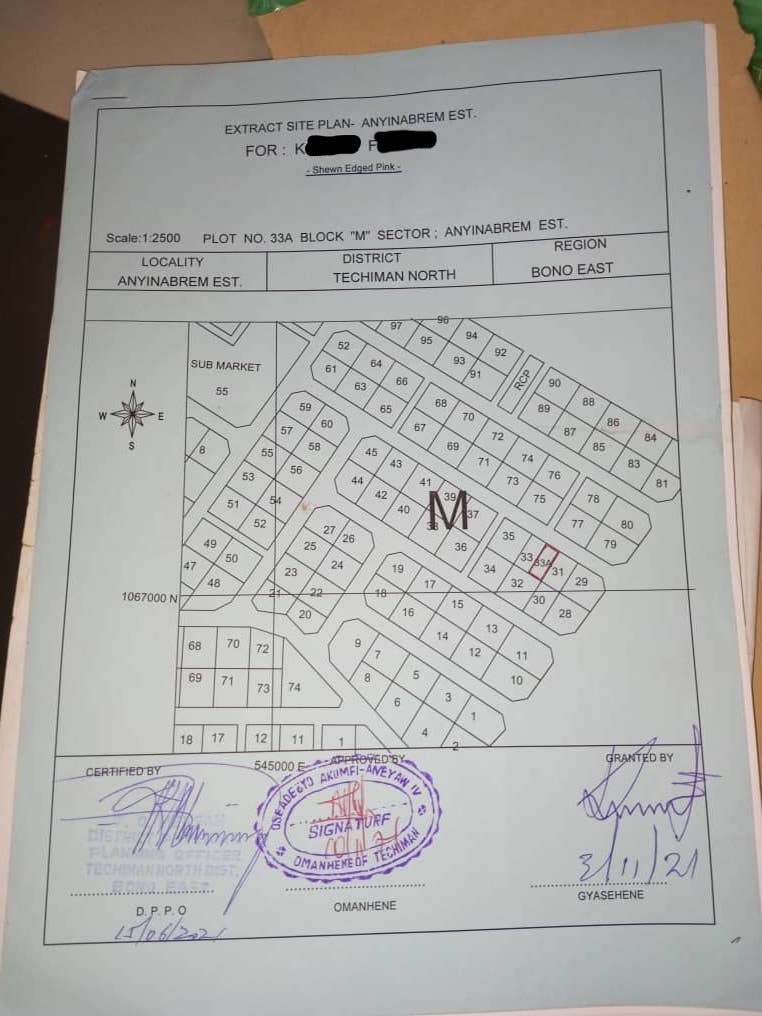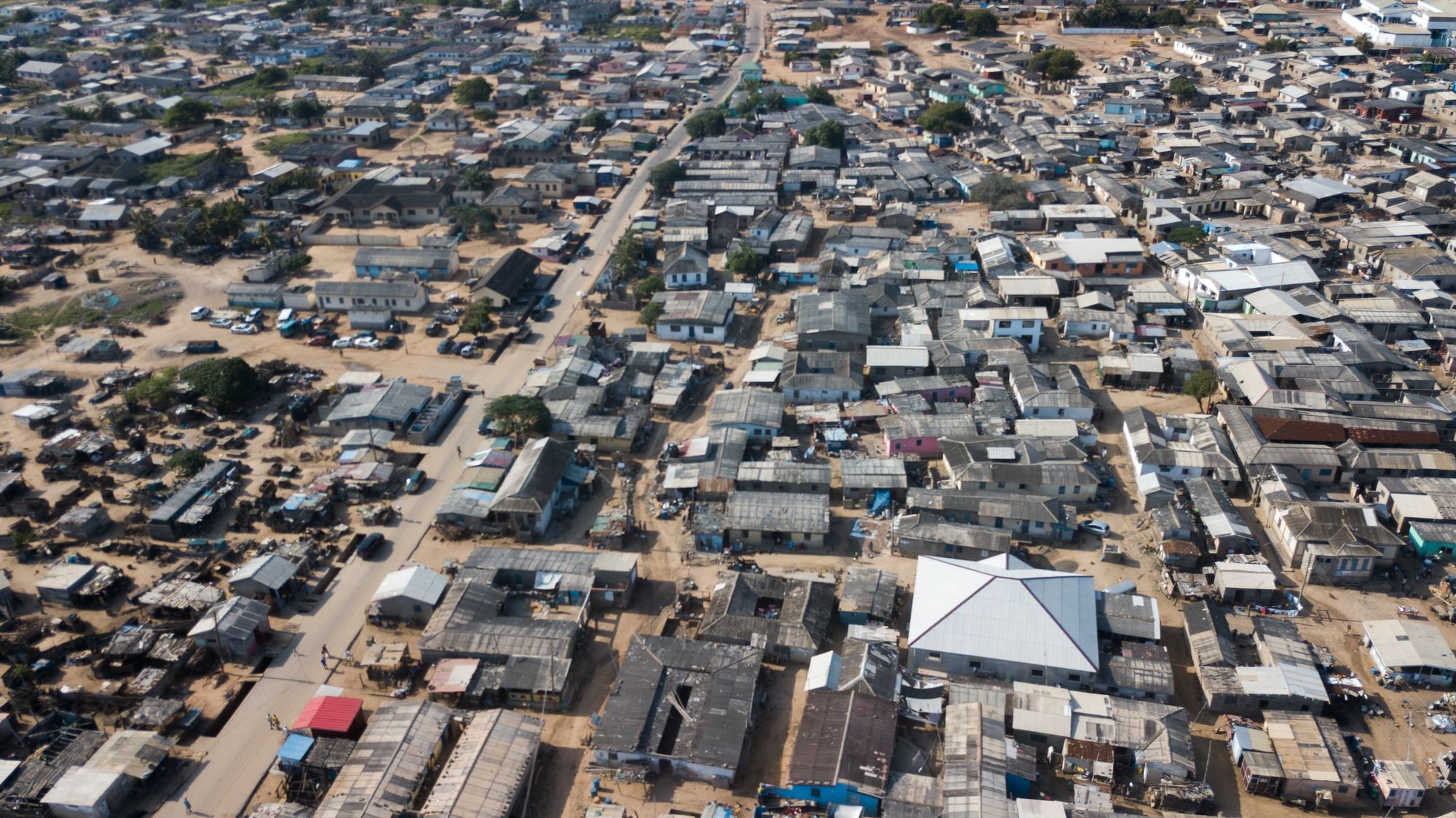Land is a precious resource and having a claim to land is a powerful financial asset. However, more than five billion people worldwide lack proof of ownership for their real property due to poor or unfair implementation of land systems (Tabary, 2019).
This is particularly true for already marginalized communities in the Global South where at least one billion people fear the sudden loss of rightful access to their land (Tabary, 2020). This means that one in five adults goes to sleep at night worrying that their home, business, or farmland will be unfairly taken from them. This causes tremendous stress and anxiety and hurts their ability to invest and plan for the future.
When you lack tenure security it has a knock-on effect on what you do with your assets, whether that’s investing in better crops and farm equipment, building new structures, or renovating your shop. In fact, the lack of trustworthy land right records has proven to be the primary barrier that is preventing impoverished people from improving their financial condition (De Soto, 2000).
The benefits of reliable land records
When you can prove clear ownership or rights to land through authentic and reliable records, you stand to benefit from numerous economic advantages. These include safeguarding assets from conflicting claims, the ability to sell one’s rights in land, and access to lending opportunities such as mortgages.

Mortgage markets are especially important to financial mobility as they allow individuals to gain access to loans by securitizing their real property. This has proven to be one of the primary catalysts associated with economic growth in developed economies all around the world (Rose & Noah, 2019).
The Landano contribution
Landano’s core mission is to introduce trustworthy land record-keeping systems to countries that are struggling to provide secure land tenure rights, starting with pilot projects in Mozambique and Ghana. The Landano project is implementing a decentralized record keeping system that creates, archives, and validates land right records for marginalized communities in alignment with their local cultural practices as well as laws for land administration and digital evidence.
The system provides strong authenticity guarantees through its compliance with international standards for record-keeping and decentralized identity while also minting land right documents as non-fungible tokens (NFTs) on the Cardano blockchain. This adds a cutting-edge trust layer to a system that already meets the highest quality standards for record-keeping.
To be clear, Landano creates and manages legal land records not because it is built on the Cardano blockchain but because it can prove compliance with Land Acts, evidence regulations, and quality requirements from the International Organization for Standardization (ISO). These are then further strengthened via immutable integration with Cardano blockchain transactions.
End poverty in all its forms everywhere
The end goal is to use trustworthy land records as an anti-poverty instrument. They are a means to an end that offer a path out of poverty and into financial independence. Landano records can be leveraged for new economic opportunities from which billions of people have previously been excluded. The Landano mission is to contribute a solution to the United Nations number one Sustainable Development Goal: end poverty in all its forms everywhere.
While Landano will stay focused on the base layer of land administration records, we are actively working on partnerships with other mission-driven projects in the Cardano ecosystem to extend new DeFi opportunities to verified holders of Landano NFTs. Rather than having to prove their credit worthiness to predatory financial institutions, land right holders will leverage their Landano records to access a new world of decentralized finance (DeFi) on the Cardano blockchain.
References
De Soto, Hernando. The Mystery of Capital: Why Capitalism Triumphs in the West and Fails Everywhere Else (London: Bantam Press, 2000)
Rose, Ian M., and Emmanuel Noah. 2019. “Ghana: Collateralizing Land Use Rights On Customary Land, Lessons And Challenges For Growing The Mortgage Market.” World Bank Conference on Land and Property.
Tabary, Zoe. “One in Three Fear Losing Homes in West and Central Africa, Poll Finds.” Thomson Reuters, March 26, 2019.
Tabary, Zoe. “Nearly One Billion People Scared of Losing Homes or Land.” Thomson Reuters, July 15, 2020.


